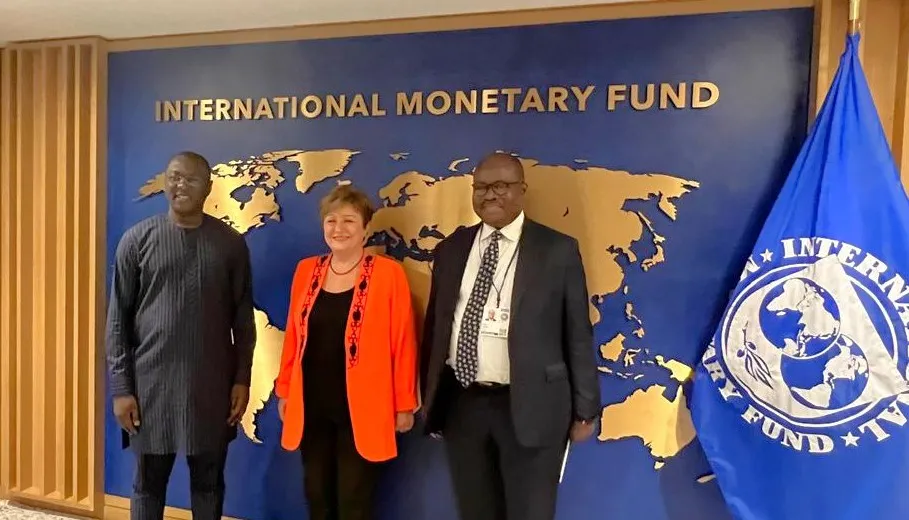In a joint petition to the Parliamentary Select Committee on Trade, prominent business associations in Ghana, including the Ghana Union of Traders' Associations (GUTA), Food and Beverages Association of Ghana (FABAG), Importers and Exporters Association of Ghana, Ghana Institute of Freight Forwarders (GIFF), Chamber of Automobile Dealership Ghana (CADEG), and Ghana National Chamber of Commerce and Industry (GNCCI), are strongly opposing a Legislative Instrument (LI) aimed at restricting the importation of twenty-two selected items into the country.
The business consultative forum contends that the proposed policy if implemented, would have severe economic repercussions and hinder fair competition within the marketplace. Key points of their opposition include:
- Market Competition and Monopolistic Concerns: The business groups argue that the proposed LI would result in serious price hikes, as the Minister of Trade and Industry would have significant decision-making power, potentially leading to monopolistic or oligopolistic market structures.
- Disruption to Supply Chain: The introduction of a permit system, controlled by the Minister, is expected to disrupt the smooth flow of goods from exporting countries to Ghana. This may lead to shortages and higher prices due to the inability of importers to align orders with market demands.
- Increased Smuggling and Border Challenges: The forum raises concerns about the potential increase in smuggling from neighbouring countries, given the already porous nature of Ghana's borders. They attribute the decrease in imports through the Tema port to high duties and taxes.
- Potential for Corruption: The introduction of a quota system is anticipated to foster corruption, with import permits being issued based on favouritism and cronyism. The business groups express scepticism about the fairness of requiring detailed company information in the permit application.
- Lack of Local Production Plans: The groups argue that the LI fails to provide a clear roadmap for boosting local production of the listed items, leaving legitimate businesses without essential information for planning.
- Capacity and Standardization Concerns: The LI does not address the current lack of capacity for most of the listed products locally, especially those requiring standardization, processing, and packaging.
- WTO Trade Facilitation Agreement Violation: The business consultative forum asserts that the LI contravenes the WTO trade facilitation agreement, which could lead to retaliation by trade partners and impact Ghanaian exports.
- African Continental Free Trade Area (AfCFTA): The LI does not address the implications for imports within the African Continental Free Trade Area.
- Lack of Stakeholder Consultation: The groups express dissatisfaction with the lack of consideration given to their inputs during meetings with the Ministry of Trade and Industry, highlighting the absence of collaboration in the document's preparation.
The forum stresses its commitment to working with the government on strategies to increase local production and reduce imports.
They call for the immediate rejection of the proposed LI to allow for extensive consultations and dialogue.
The petition raises crucial questions about the potential impact of the proposed restrictions on Ghana's business environment and calls for a more inclusive and collaborative approach to addressing trade-related concerns.








